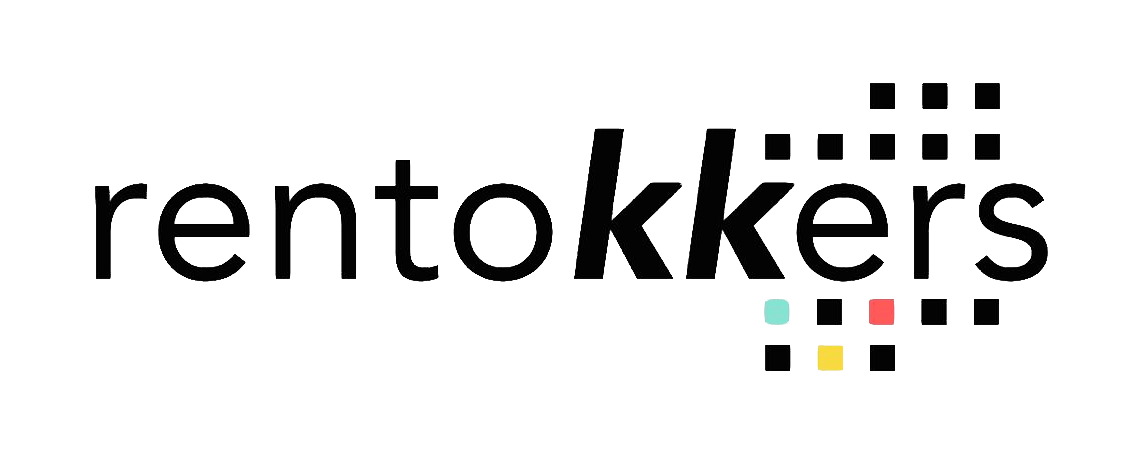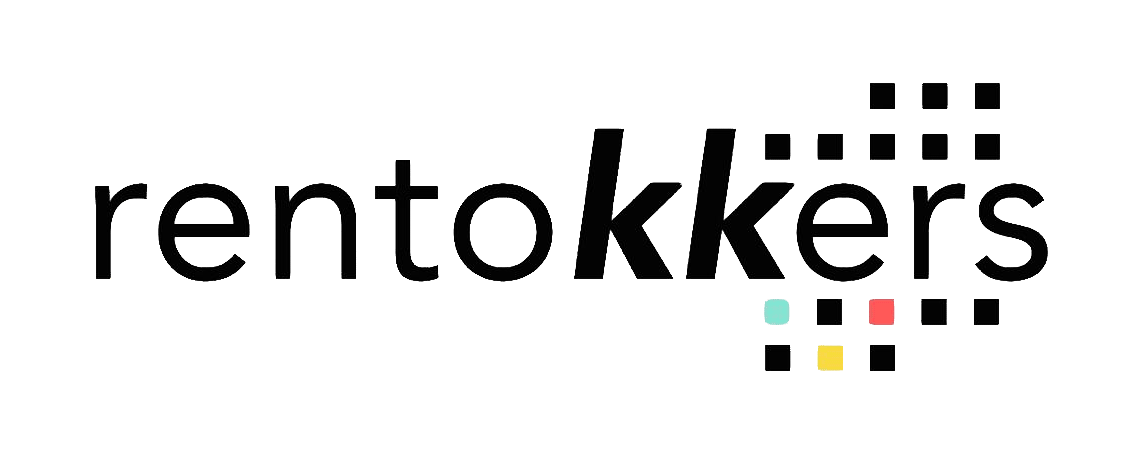
Introduction: Old Guard vs. New Challenger
Real Estate Investment Trusts (REITs) have dominated indirect property investing for decades. Tokenization looks like a rival, but are they really the same thing?
What Is a REIT?
A REIT is a company that owns and manages real estate. Investors buy shares and earn dividends from rents or property sales. REITs are liquid, publicly traded, and highly regulated.
What Is Tokenization?
Instead of shares in a company, tokenization offers direct fractional ownership in properties. Tokens live on blockchain, can be traded peer-to-peer, and often represent equity or revenue rights.
Key Differences
-
Ownership: REIT = company shares; Tokens = direct asset slice.
-
Liquidity: REITs are liquid via stock markets; Tokens rely on emerging secondary markets.
-
Accessibility: REITs usually through broker accounts; Tokens via crypto wallets, smaller minimums.
-
Transparency: REITs publish reports; Tokens show live blockchain records.
Advantages of REITs
-
Mature, trusted, regulated.
-
Institutional adoption.
-
Easy liquidity via stock exchanges.
Advantages of Tokenization
-
Lower entry ticket (as little as $100).
-
Global access, no broker required.
-
Programmable ownership with smart contracts.
Who Wins?
In the near term, REITs remain king for institutional investors. Tokenization, however, will appeal to younger, tech-savvy investors seeking flexibility and borderless access. Long term, both could coexist — with tokenized REITs as a hybrid.
Visual Ideas (max 3)
-
Venn diagram: REITs vs Tokenization (overlap + differences).
-
Side-by-side infographic: $50,000 entry ticket (REIT) vs. $500 (token).
-
Cartoon boxing match: “REIT” in a suit vs. “Token” as a glowing coin.
Conclusion
REITs built the bridge between everyday investors and real estate. Tokenization builds a faster, cheaper bridge. The question isn’t who wins, but how quickly tokenization catches up in trust and scale.

